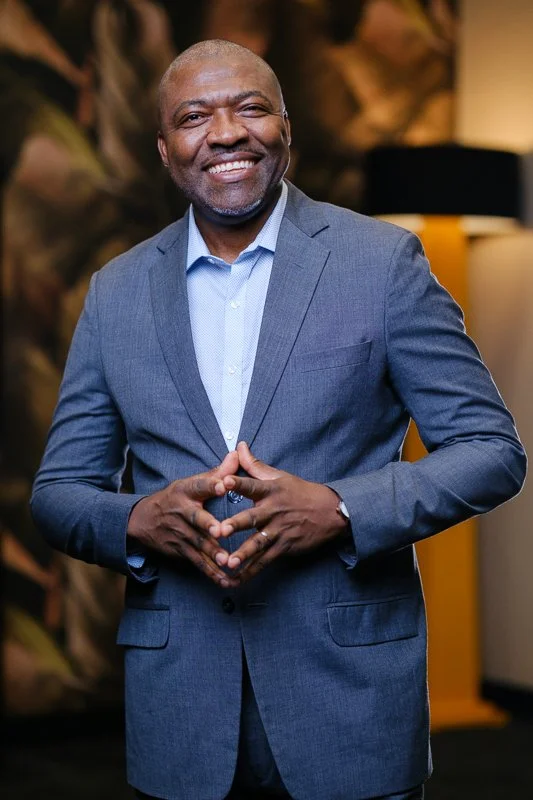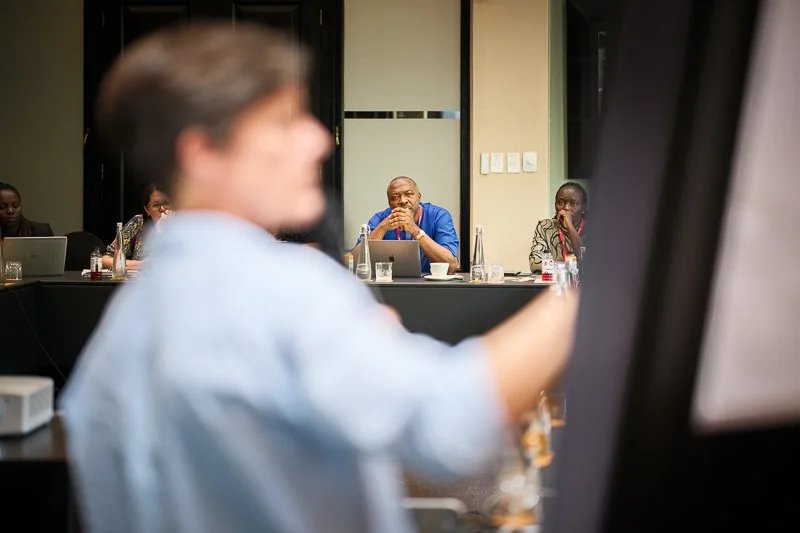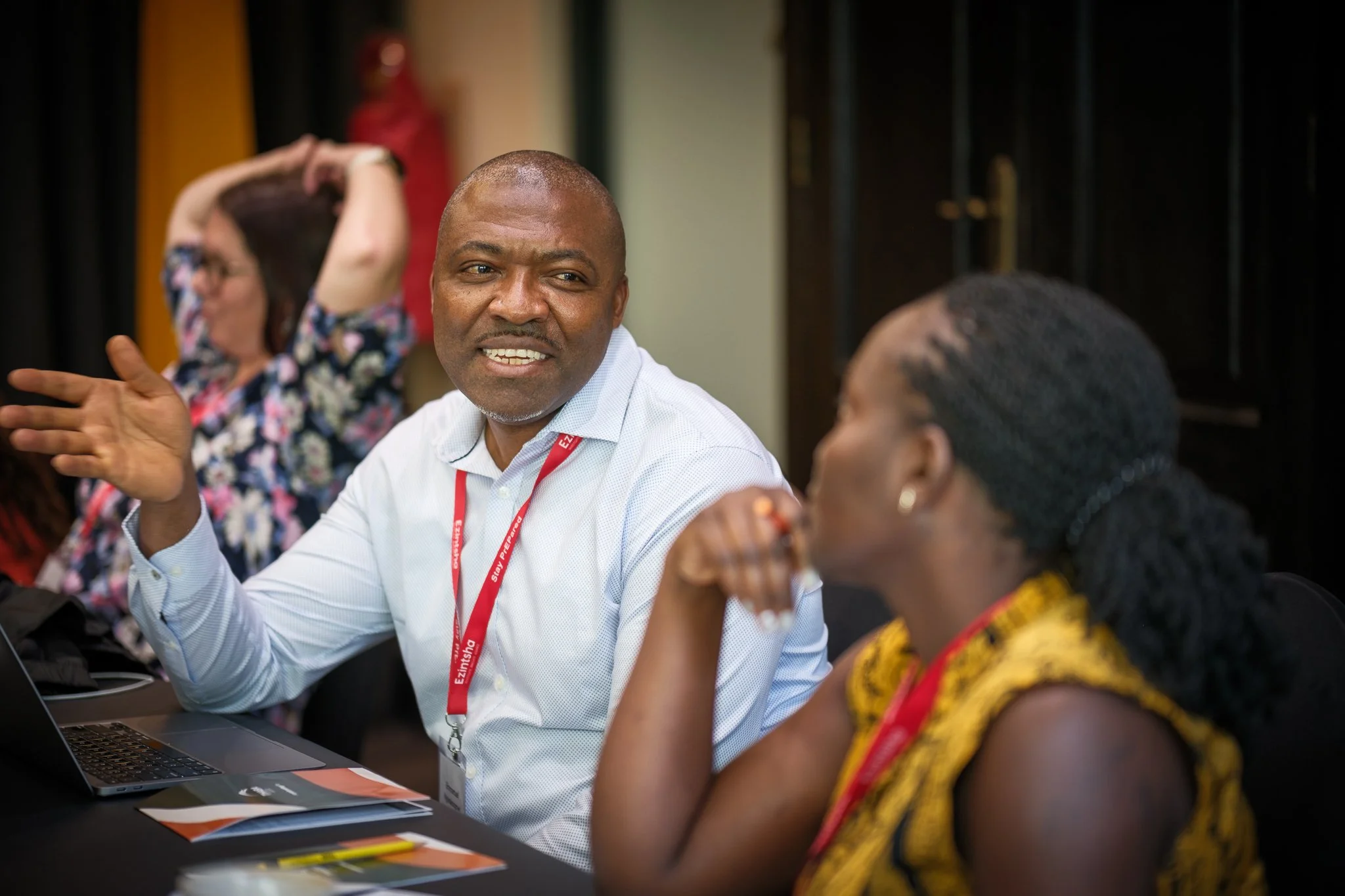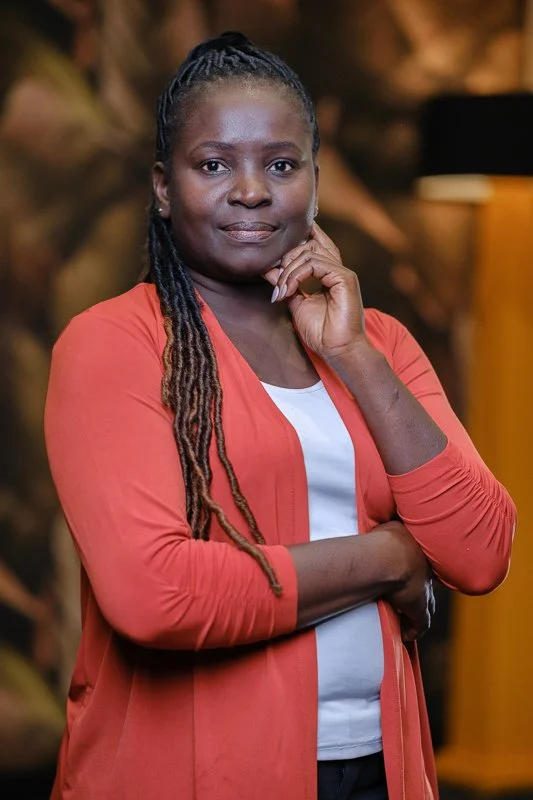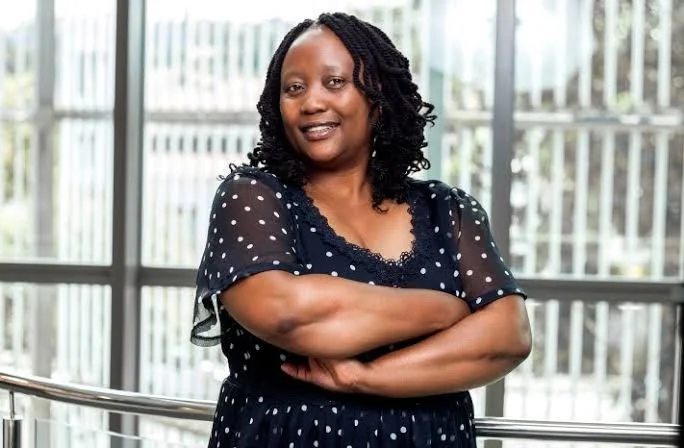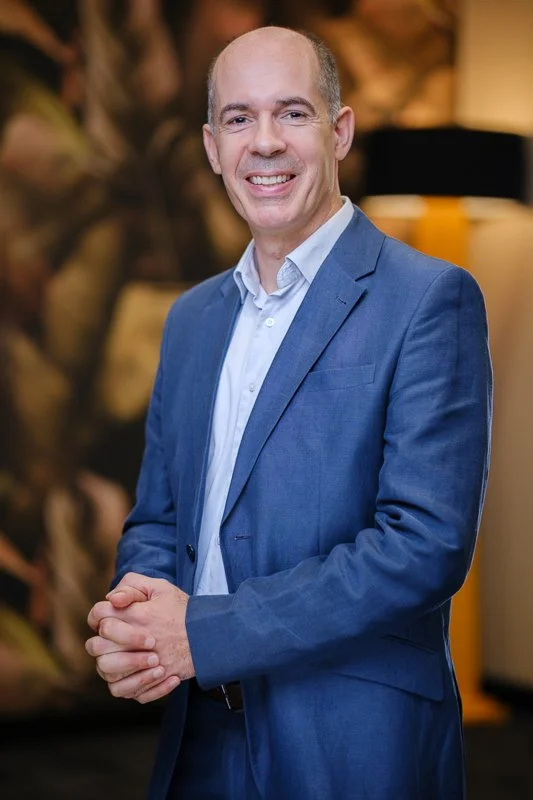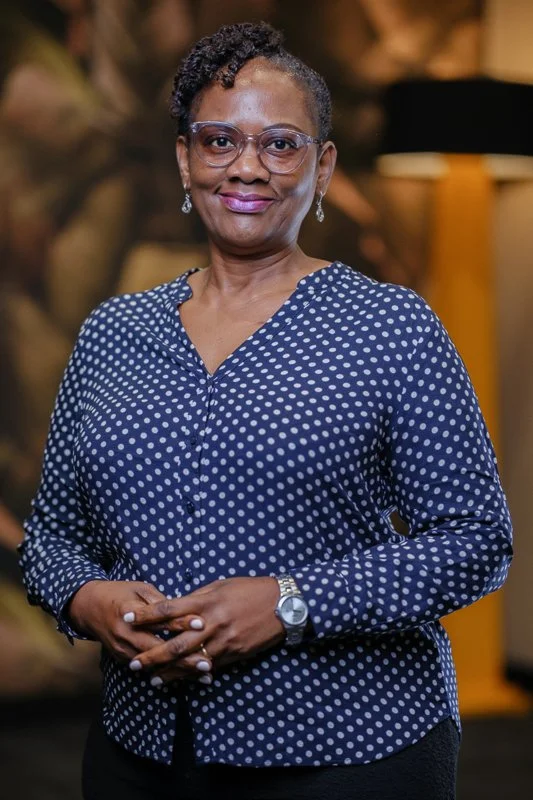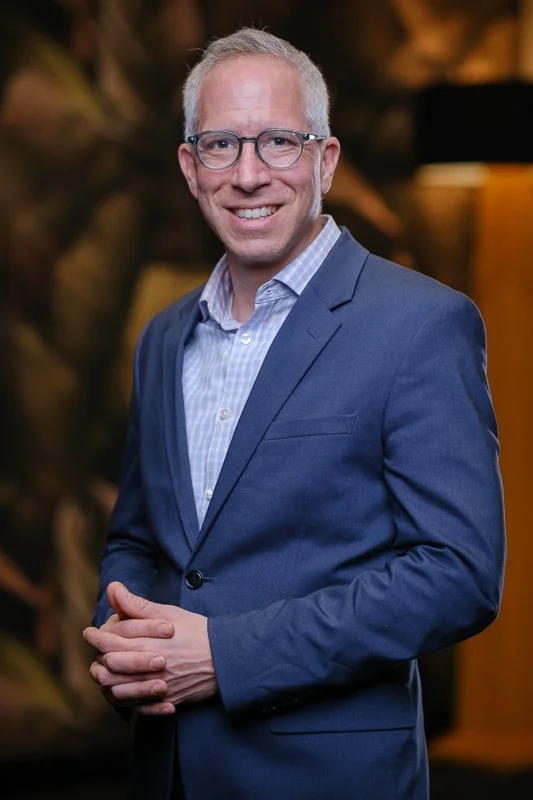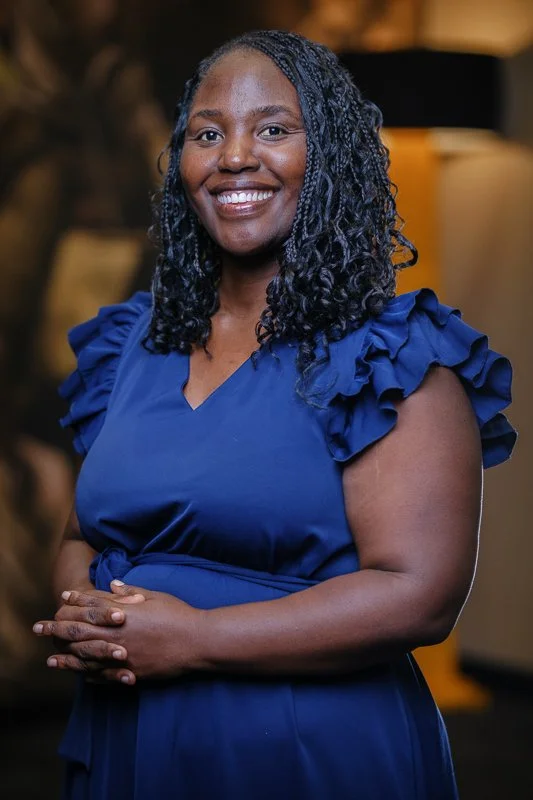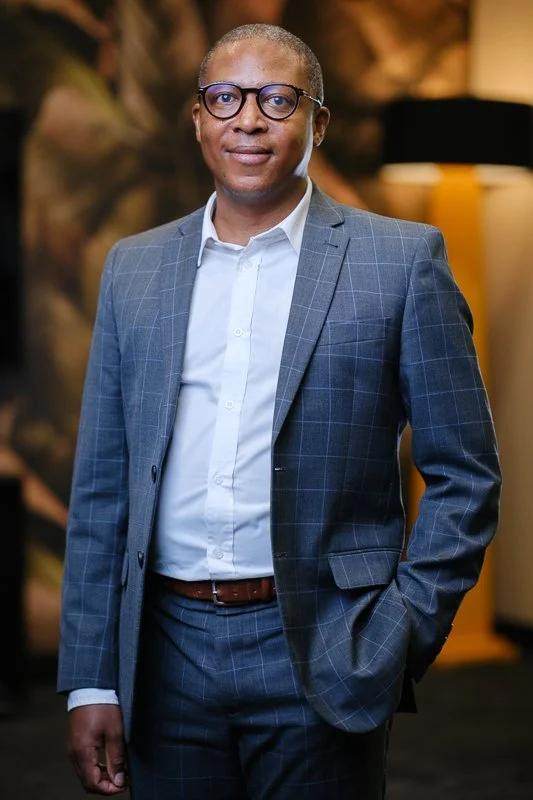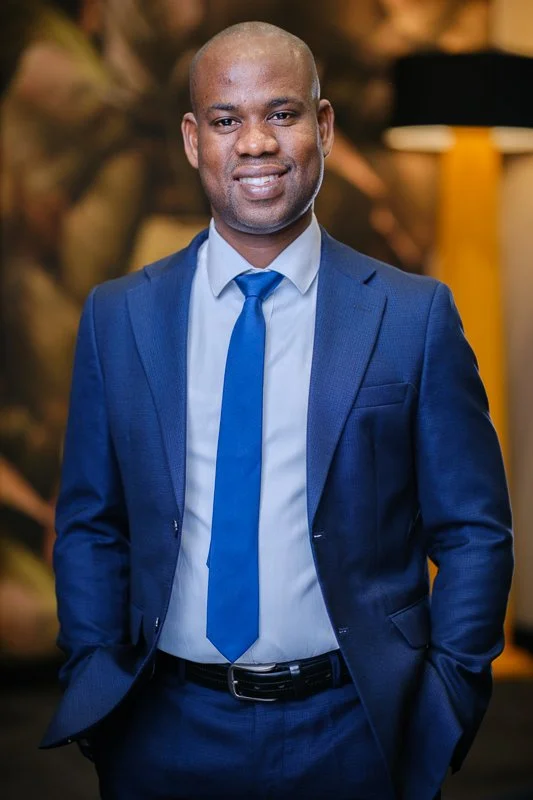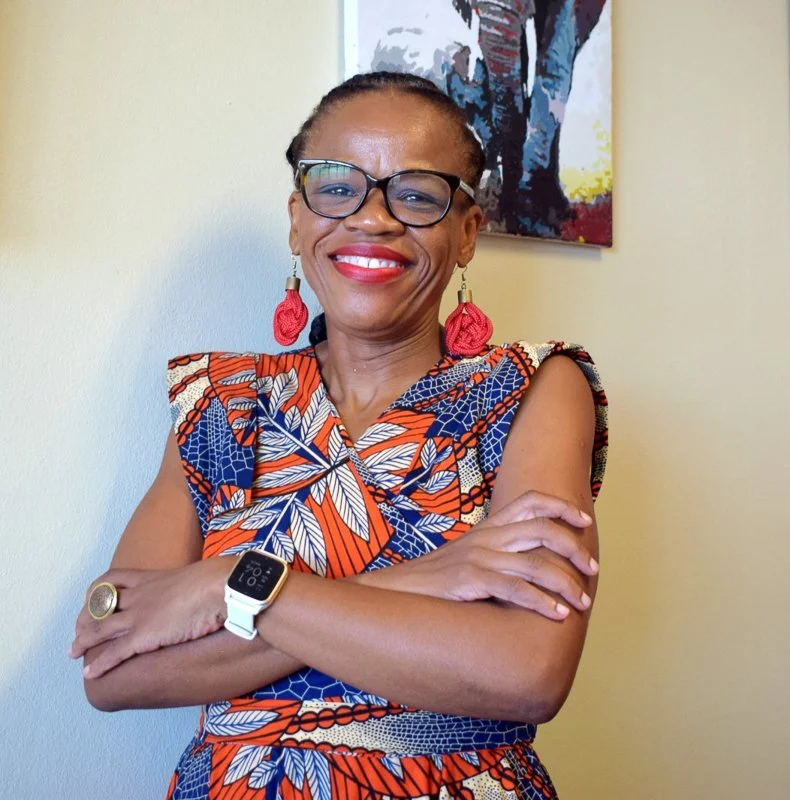Emmanuel Ngwakongnwi
Assistant Professor and Head of Research Training, University of Global Health Equity
Dr. Emmanuel Ngwakongnwi is an Assistant Professor of Global Health and Health Services Research at the Institute of Global Health Equity Research, University of Global Health Equity. He trained in Public Health at Lakehead University, Ontario, and in Health Services Research and Epidemiology at the University of Calgary. His research focuses on health data quality, population health, and health system performance, with funding support as PI/Co-PI from CIHR, QNRF, CDC Foundation, Gates Foundation, and Erasmus European Fund. With over 20 years of experience in international public health and academia, he has also served as a Rapid Mortality Surveillance Epidemiology Consultant during the COVID-19 pandemic and as Senior Technical Advisor for the Bloomberg Data for Health Initiative in five African countries.
He is a member of the International Methodology Consortium on Coded Health Information (IMECCHI), a fellow of the Banting and Best Foundation, and an affiliate member of the WHO Collaboration Center in Calgary. He has developed and taught undergraduate and graduate courses, mentored numerous students, and published widely in peer-reviewed journals. In addition, he has been invited as a speaker and panelist at international conferences. Despite a temporary career disruption due to family obligations during COVID-19, he successfully resumed his academic work and research projects, securing several competitive grants.
What are the major challenges you and your scientific communities have faced in leading African science that responds to the needs of the communities you serve?
“The challenges are numerous and the major ones are really related to implementing the ideas that we generate the level of the region, turning them from idea to research and transforming that knowledge into action.
That challenge is because of limited funding for scientific research in this area of clinical trials.
Funding for clinical trials often comes from the west and is very competitive and often times we are being approached by colleagues in the West to take on research which is coming from them and so our scientific community, the African science implementation becomes limited.”
If you could tell a funding organisation one thing about GLISTEN and its potential to change the way we do science, what would it be?
“We are looking to change the way that funding for research used to be conducted.
Let us fund research in Africa and be committed to making it sustainable by commitment: being involved over time and participating in sharing the results from that research.
GLISTEN is going to do research in a different way. It has assembled top scientists from various institutions in Africa that are going to embrace research through a strategic plan that defines very clearly what different sites may embrace going forward.
Commitment in terms of funding, being involved over time and being able to share the results of research will be really impactful for African science. ”
What is your message or challenge to peers in the scientific community?
“To peers in the scientific community, stay focused, be aware of our changing environment - especially academic funding for research - have hope and embrace new initiatives such as GLISTEN to transform their research ideas to action by way of collaboration and seeking alternative sources of funding.”

